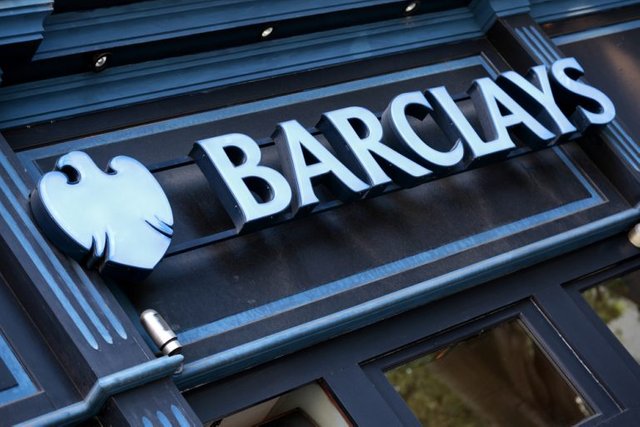Bitcoin Price Bubble Pops as Investors Develop Immunity to ‘Infection’, Barclays Claims

The Bitcoin price bubble is popping, and Barclays says that this time it will not see a future recovery.
Writing in a Tuesday note to clients, a group of Barclays analysts led by Joseph Abate argued that Bitcoin and other so-called asset bubbles chart a similar course to the spread of infectious diseases, which plateaus once the population reaches the immunity threshold.
From the note:
“As more of the population become asset holders, the share of the population available to become new buyers — the potential ‘host’ population — falls, while the share of the population that are potential sellers (‘recoveries’) increases. Eventually, this leads to a plateauing of prices, and progressively, as random shocks to the larger supply population push up the ratio of sellers to buyers, prices begin to fall. That induces speculative selling pressure as price declines are projected forward exponentially.”
Arguing that there is now near-universal awareness about Bitcoin and other cryptoassets in developed economies, the analysts claimed that the Bitcoin price — which has fallen 65 percent from its December high — is unlikely to see the sort of recovery it experienced following previous bear markets.
That’s because, in their view, there are now much fewer investors who have not already developed an immunity to the “Bitcoin infection,” which is largely spread through word-of-mouth and relies heavily on investors succumbing to a fear of missing out (FOMO).
On the other hand, though, data indicates that a very small percentage of the world’s population has invested in cryptoassets, particularly in developing economies where they might be more attractive due to the difficulty that many people have obtaining access to banking and other basic financial services.
Moreover, the phenomenon of the “network effect” suggests that the inherent value of Bitcoin will increase as more people use it, which should help sustain the Bitcoin price even during periods when the market is not in a speculative frenzy.